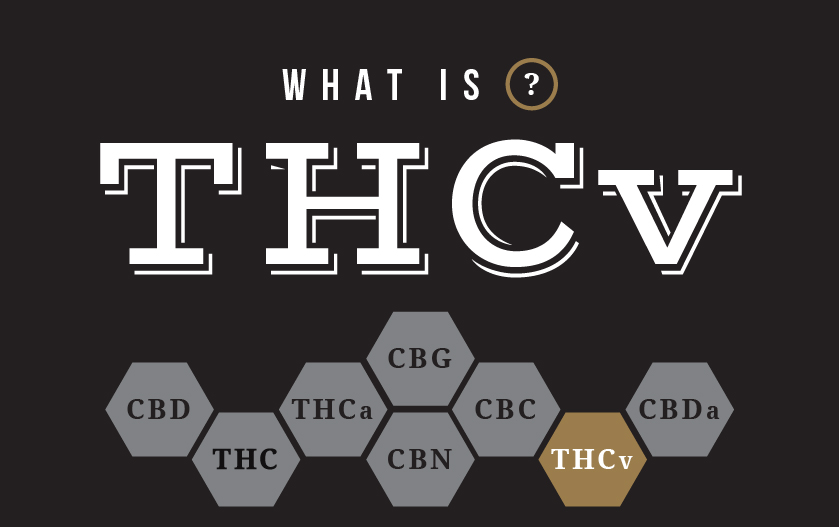Tetrahydrocannabivarin (THCV) is a cannabinoid substance found in cannabis and hemp plants. It's chemically comparable to tetrahydrocannabinol (THC) but with some crucial distinctions. Here's whatever you need to understand about THCV consisting of the risks, benefits, distinctions, and resemblances with other types of THC and more. What Is THCV? THCV is a less common cannabinoid found in some stress of cannabis, specifically African sativa.
 Tetrahydrocannabivarin: What is THCV & It's Effects - Dr. Green Relief
Tetrahydrocannabivarin: What is THCV & It's Effects - Dr. Green Relief
 What Is THCV (Tetrahydrocannabivarin) And What Does It Do?
What Is THCV (Tetrahydrocannabivarin) And What Does It Do?
 What is THCv Cannabinoid Explained - leafipedia.net
What is THCv Cannabinoid Explained - leafipedia.net
THCV has a 3-carbon side chain rather than THC's 5-carbon side chain. This distinction is subtle, but it has a visible effect on the effect profile. THCV is somewhat psychoactive but just about and about. What Does what is considered high thcv levels THCV Feel Like? THCV has a strong energy-boosting element to it, that makes it particularly popular among trainees and athletes.
In the United States, THCV regulation is nuanced. THCV is not a Schedule I Drug, however marijuana extracts are making it rather unclear what the federal position is on THCV. The 2018 Farm Bill mentions that hemp plants and all derivatives of the plants are legal on a federal level, numerous business follow this law and still supply THCV to consumers by only extracting the compound from hemp plants.
If THCV is thought about a THC analog, it might be managed in the future by the very same rules as THC under the Federal Analog Act. This act states that any compound that shares a similar molecular profile as a recognized prohibited substance it's consisted of in the very same drug Arrange category.
What Are the Impacts of THCV? Advocates of THCV report that it produces an intense burst of energy and makes them feel euphoric without the mental cloudiness triggered by THC. The effects which marijuana strains have the most thcv and cbd are very mild compared to THC. The effects are practically solely cognitive yet in some way have extremely little impact on headspace.
2. THCV & Hunger Some THCV users claim that it curbs their hunger. This is a common impact of other focus-enhancing compounds. It's as though THCV gets rid of the diversion of other bodily procedures (like hunger) in order to preserve resources and attention to cognitive tasks instead. How Does THCV Work? Cannabinoids produce biological results in the body by connecting with endocannabinoid receptors.
CB1 receptors lie in the nerve system and communicate with neurotransmitters in the brain to produce mind-altering effects. Interaction with CB1 websites is what provides some cannabinoids like THC their psychoactivity. THCV is a bit difficult to understand because it's primarily a CB1 antagonist, indicating it has the opposite effect as THC.
While researchers are still looking for to understand this process, it appears THCV is able to obstruct the results of CB1 in low doses and stimulate them in high doses. CB2 receptors are found mainly in the immune system. THCV is a partial agonist of CB2, but the results of this partial activity aren't well-known, and it relatively has no noticeable effect on THCV users' experience.
As discussed in the previous section, THCV is a CB1 villain in low doses which is the exact opposite result of delta 8 and delta 9 THC. This might indicate that THCV neutralizes a few of the psychedelic effects of THC. This impact could describe why individuals who use THCV feel so clear-headed specifically compared to the infamous "fogginess" induced by delta 9 THC.